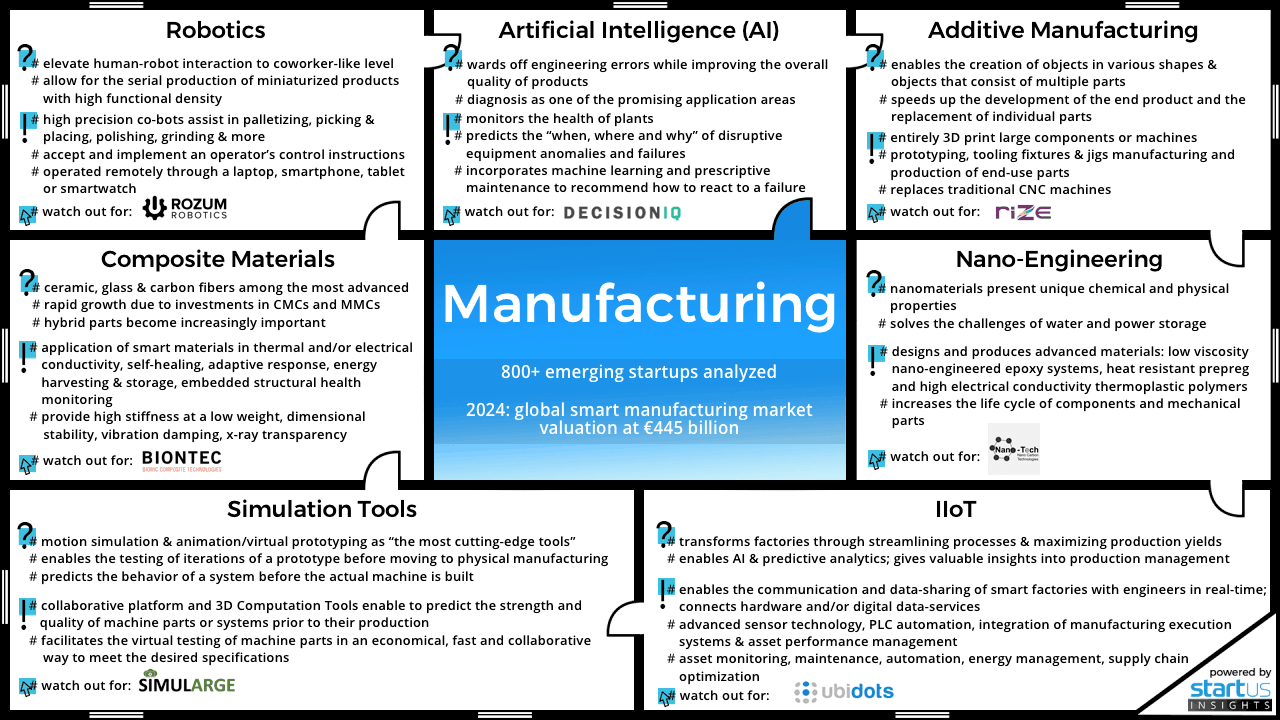
Whether you're an experienced professional or just looking to advance your career, Amazon is looking for talented Industrial Engineers to help with their innovative and growing business. Industrial Engineers oversee the smooth and efficient operation of Amazon's processes. They use advanced analytical tools to identify and fix production defects. They ensure that products manufactured by the company meet the highest quality standards.
Industrial engineers are responsible for designing, implementing, and maintaining efficient systems that integrate machines, materials, and workers. They study the manufacturing process to find ways to improve production and reduce waste. Also, industrial engineers are responsible for the design of new equipment and processes in order to increase productivity.
Also, industrial engineers are responsible for improving safety procedures within industrial facilities. They use engineering principles to solve problems and take pride in creating solutions that increase the company's effectiveness and value. Industrial engineers work in a variety of industries, including manufacturing, construction, transportation, and energy. Industrial engineers are often employed in healthcare.

Industrial engineers often work in collaboration with other engineers to solve complex problems. Many of them work long hours, even on weekends and holidays. They are people-oriented. They are resourceful and creative, and strive to make processes more efficient and reduce waste.
You may find industrial engineers working for research organisations, manufacturing companies, and consulting firms. They can also work in transportation and logistics companies or the operations departments of companies. Depending upon the industry, these companies are more attractive to industrial engineers than those that produce products or conduct research.
Industrial engineers usually work on business-related projects, so they can expect fair pay. Most industrial engineers work 40 hours a week and may be required to work overtime on weekends or holidays. Industrial engineers are resourceful and creative, and pride themselves on delivering innovative solutions to improve their company's efficiency.
Industrial engineers typically work in the healthcare, manufacturing, or transportation industries, and they may also work for consulting firms. They can often be hired by companies to improve their processes. They are also available to work in government or research agencies. They might be interested also in the human resource side of a business.

Industrial engineers have a high level of education and can expect to be paid a fair salary for their work. Entry-level industrial engineers are typically paid between $63,000 and $85,000, depending on the job. Master's degrees may be necessary to have the best career options. Professional engineers may also increase their chances of staying in the industry by earning industry-specific certifications.
Amazon's industrial engineers are responsible for a wide range of projects, including manufacturing, logistics, and technology. They are also responsible for defining projects and managing the scope of engineering deliverables. They are also responsible for improving efficiency in Amazon's warehouses and fulfillment centers, and for ensuring that the company has the quickest route between fulfillment centers.
FAQ
What is manufacturing and logistics?
Manufacturing refers to the process of making goods using raw materials and machines. Logistics manages all aspects of the supply chain, including procurement, production planning and distribution, inventory control, transportation, customer service, and transport. Sometimes manufacturing and logistics are combined to refer to a wider term that includes both the process of creating products as well as their delivery to customers.
Is there anything we should know about Manufacturing Processes prior to learning about Logistics.
No. No. Understanding the manufacturing process will allow you to better understand logistics.
What skills does a production planner need?
You must be flexible and organized to become a productive production planner. Communication skills are essential to ensure that you can communicate effectively with clients, colleagues, and customers.
What are the logistics products?
Logistics are the activities involved in moving goods from point A to point B.
These include all aspects related to transport such as packaging, loading and transporting, storing, transporting, unloading and warehousing inventory management, customer service. Distribution, returns, recycling are some of the options.
Logisticians ensure the product reaches its destination in the most efficient manner. Logisticians assist companies in managing their supply chains by providing information such as demand forecasts, stock levels and production schedules.
They can also track shipments in transit and monitor quality standards.
Statistics
- It's estimated that 10.8% of the U.S. GDP in 2020 was contributed to manufacturing. (investopedia.com)
- According to a Statista study, U.S. businesses spent $1.63 trillion on logistics in 2019, moving goods from origin to end user through various supply chain network segments. (netsuite.com)
- [54][55] These are the top 50 countries by the total value of manufacturing output in US dollars for its noted year according to World Bank.[56] (en.wikipedia.org)
- You can multiply the result by 100 to get the total percent of monthly overhead. (investopedia.com)
- According to the United Nations Industrial Development Organization (UNIDO), China is the top manufacturer worldwide by 2019 output, producing 28.7% of the total global manufacturing output, followed by the United States, Japan, Germany, and India.[52][53] (en.wikipedia.org)
External Links
How To
Six Sigma and Manufacturing
Six Sigma is defined as "the application of statistical process control (SPC) techniques to achieve continuous improvement." Motorola's Quality Improvement Department, Tokyo, Japan, developed it in 1986. Six Sigma is a method to improve quality through standardization and elimination of defects. In recent years, many companies have adopted this method because they believe there is no such thing as perfect products or services. The main goal of Six Sigma is to reduce variation from the mean value of production. This means that you can take a sample from your product and then compare its performance to the average to find out how often the process differs from the norm. If you notice a large deviation, then it is time to fix it.
Understanding the dynamics of variability within your business is the first step in Six Sigma. Once you understand that, it is time to identify the sources of variation. These variations can also be classified as random or systematic. Random variations occur when people make mistakes; systematic ones are caused by factors outside the process itself. For example, if you're making widgets, and some of them fall off the assembly line, those would be considered random variations. If however, you notice that each time you assemble a widget it falls apart in exactly the same spot, that is a problem.
Once you've identified the problem areas you need to find solutions. It might mean changing the way you do business or redesigning it entirely. After implementing the new changes, you should test them again to see if they worked. If they don't work, you will need to go back to the drawing boards and create a new plan.